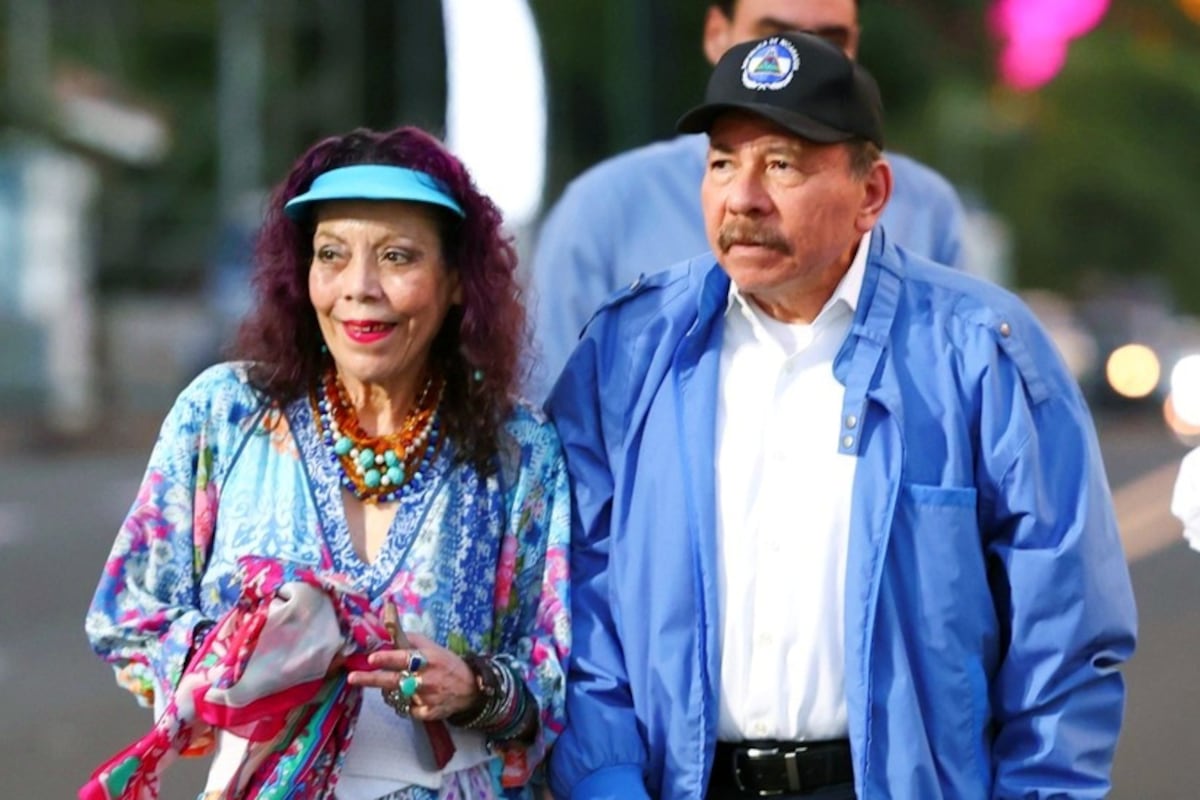
"According to opposition groups, who have dubbed it the gag law, one of the most alarming aspects is the total power granted to the Nicaraguan Institute of Telecommunications and Postal Services (TELCOR). At the head of this agency is Nahima Diaz Flores, daughter of the National Police Chief, Commissioner Francisco Diaz, and sister-in-law of one of the presidential couple's sons."
"According to Law No. 1223, among its many broad prerogatives, the regulatory body will be able to demand statistical and georeferenced data from audiovisual operators and providers. Providers will be required to align themselves with the police the primary repressive arm of the co-presidential couple and the intelligence services, thus consolidating a digital surveillance system capable of reconstructing who communicates with whom, from where, how frequently, and at what times."
"Alexa Zamora, author of the report Convergent Telecommunications Law and its Impact on the Exercise of Human Rights, is one of the most frequently cited experts in Nicaraguan media. She warns that the Convergent Telecommunications Law, in conjunction with the reforms to the Cybercrimes Law and Nicaragua's adherence to the United Nations Convention on Cybercrime, could establish a legal framework that facilitates the restriction of freedom of expression and other digital rights in Nicaragua."
Daniel Ortega and Rosario Murillo have extended censorship to the internet through the General Law of Convergent Telecommunications. The law restructures networks, antennas, and internet governance while consolidating a system of total censorship that closes the last remaining space for dissent. TELCOR, led by Nahima Diaz Flores, gains expansive powers to demand statistical and georeferenced data from audiovisual operators and providers. Providers must align with the police and intelligence services, enabling digital surveillance that can map communications, locations, frequency, and timing. Reforms to the Cybercrimes Law and adherence to the UN Convention on Cybercrime could create a legal framework facilitating restrictions on freedom of expression and digital rights.
Read at english.elpais.com
Unable to calculate read time
Collection
[
|
...
]